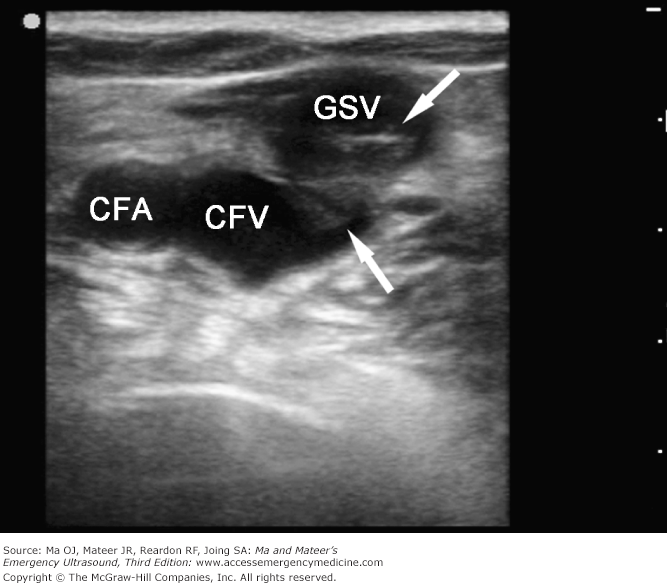Understand Insurance Denial Code CO 64: Denial Reversed per Medical Review
- Reversed Claim means a Claim that initially is paid but a subsequent Claim with the same Pharmacy, Covered Individual, prescription number, and NDC was submitted for reversal of payment.
- Reversed Claim means a previously Paid Claim, that was submitted by the pharmacy to the PBM in a Billing Transaction requesting a reversal of the previously paid Transaction and processed as an accepted Reversed claim, as indicated in the PBM’s response Transmission.
Reasons for Denial Reversals
Reversals can happen for a myriad of legitimate and not so legitimate reasons. In a recent study, the top reasons for medical billing reversals are as follows:
- Incorrect payable diagnoses codes, the biggest offenders in this category were:
Modifier 59 – distinct procedural service
Modifier 76 – repeat procedure by same physician
Modifier 24 – unrelated evaluation and management service by same physician during postoperative period
Modifier 25 – significant separately identifiable evaluation and management service by same physician on the day of a procedure. - Provider Billing Errors – As long as medical billing is coded by humans, there will be errors, that’s just a fact and provider errors were the number two cause of reversed billing. The different types of billing were:
Correct quantity billed – often times the amount of services rendered is miscalculated;
Correct procedure code – this one can be difficult, that is why outsourcing your medical billing to a partner is a great idea;
Correct billed amount – another big issue, incorrect pricing will get your medical billing claims rejected. - Medical Review – The biggest reason for reversals of payment was lack of documentation to support medical necessity for the following procedures ambulance service;
frequency of bone mass measurement;
to support medical necessity of critical care same day.
How to Avoid Health Insurance Reversal?
In some cases, decisions can be reversed – leaving patients holding the bag – even years later.
“For example, if you have 2 health plans – yours and your spouse’s – and the one that should have paid second actually paid first, they will go back and reverse their payments years later,” explains Jennifer Jaff, Executive Director of group called Advocacy for Patients with Chronic Illness. “It’s a huge nightmare for consumers, but it happens. “
If an insurer denies your claim either before or after treatment, you do have the right to appeal: It’s guaranteed, under the health care law that president Obama signed in March, 2010. Of course a guarantee of appeal is no guarantee that the appeal will be successful.
Fortunately, there are things you can do to minimize your risk:
1) Make sure you’re pre-approved. Unless you’re in the midst of an emergency, talk to your doctor to make sure any treatment – especially an expensive one – is pre-approved. That means your doctor has talked with your insurance company in advance, and received a promise that the treatment will be paid for.
2) Get help. Your doctor, hospital business office or employee benefits office can be a lot more powerful in making an appeal than you are alone. You can also get help from non-profit groups like Advocacy for Patients with Chronic Illness, or the Patient Advocate Foundation.
3) Be persistent. “You may go through three or four levels of appeals before you get a favorable resolution,” says Nancy Davenport-Ennis, co-founder of the Patient Advocate Foundation.
4) Use the right words. Certain words will trigger a denial. For example, sometimes insurance companies refuse to pay for surgeries related to cleft lip or palate, saying it’s not medically necessary. When parents appeal saying the child needs the surgery for “cosmetic” reasons or to “enhance esteem,” the appeal often fails, according to cleft Advocate, a group that works with families. Appeals that mention problems with “biting,” “chewing,” or “swallowing” are more likely to work.
5) You may need a lawyer. If all else fails, there are attorneys who specialize in insurance cases.
It’s worth saying, not all insurance denials are unreasonable. Coverage guidelines “are created by physicians who assess medical evidence, medical outcomes and overall health benefits to patients,” says Aaron Bilger, a spokesman for Highmark. “It’s to protect you.”
Learn More…
How Important is Financial and Clinical Reporting for Healthcare?
Modifier 24: Determine How Your Payer Defines “Unrelated”










